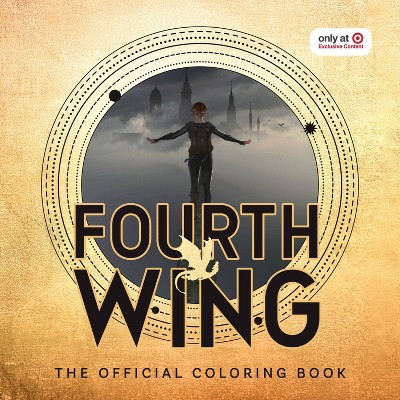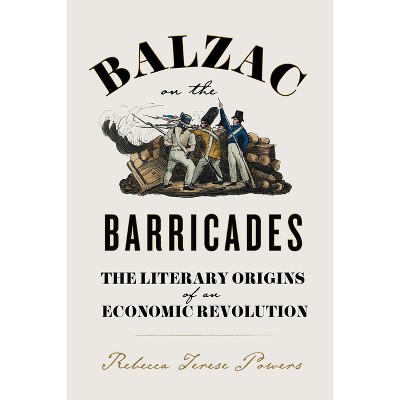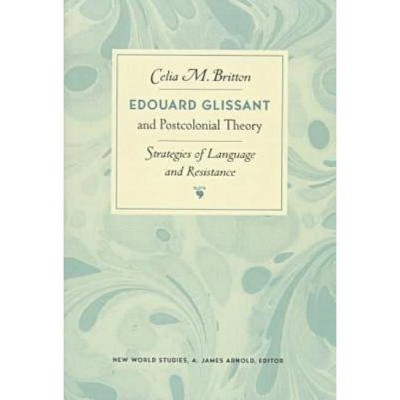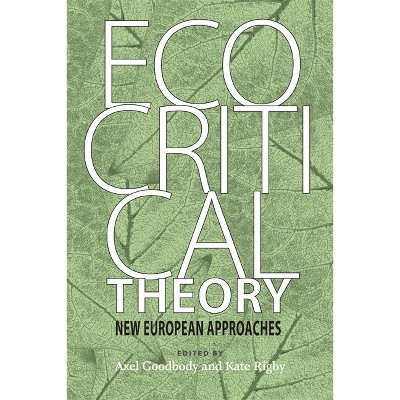About this item
Highlights
- A paradox haunts the bildungsroman: few protagonists successfully complete the process of maturation and socialization that ostensibly defines the form.
- About the Author: Aleksandar Stevic is Assistant Professor of English at Qatar University.
- 262 Pages
- Literary Criticism, Semiotics & Theory
Description
About the Book
Placing primary texts in conversation with the central historical debates of their time, Falling Short offers a revisionist history of the realist and modernist bildungsroman, unearthing the neglected role of defeat in the history of the genre.Book Synopsis
A paradox haunts the bildungsroman: few protagonists successfully complete the process of maturation and socialization that ostensibly defines the form. From the despondent endings of Dickens's Great Expectations and Meredith's The Ordeal of Richard Feverel to the suicide of Balzac's Lucien de Rubempré and the demise of Eliot's Maggie and Tom Tulliver, the nineteenth-century bildungsroman offers narratives of failure, paralysis, and destruction: goals cannot be achieved, identities are impossible to forge, and the narrative of socialization routinely crumbles. Examining the novels of Stendhal, Honoré de Balzac, Charles Dickens, Charlotte Brontë, Henry James, Samuel Butler, James Joyce, and Marcel Proust, Falling Short reveals not only a crisis of character development but also a crisis of plotting and narrative structure.
From the inception of literary realism in the 1830s to the height of modernism a century later, the bildungsroman presents itself as a key symptom of modern Europe's inability to envision either coherent subjectivity or successful socialization. Rather than articulating an arc of personal development, Stevic argues, the bildungsroman tends to condemn its heroes to failure because our modern understanding of both individual subjectivity and social success remains riddled with contradictions. Placing primary texts in conversation with the central historical debates of their time, Falling Short offers a revisionist history of the realist and modernist bildungsroman, unearthing the neglected role of defeat in the history of the genre.
Review Quotes
Falling Short is an utterly compelling study that deftly interweaves literary and historical sources to create exciting new readings of canonical texts.
--Tobias Boes, University of Notre Dame, author of Formative Fictions: Nationalism, Cosmopolitanism, and the BildungsromanAleksandar Stevic reminds us that the European bildungsroman recounts failure as often as success--and in doing so he lays bare a genre that is not stable but on the contrary always in a state of flux and crisis, like the society it illuminates. We cannot credit the "optimism of personal development" which appears to undergird the genre. Stevic gives us a bracingly new understanding of novels we thought we already knew well.
--Peter Brooks, Yale University, author of Flaubert in the Ruins of Paris: The Story of a Friendship, a Novel, and a Terrible YearAbout the Author
Aleksandar Stevic is Assistant Professor of English at Qatar University.
Shipping details
Return details
Trending Poetry












